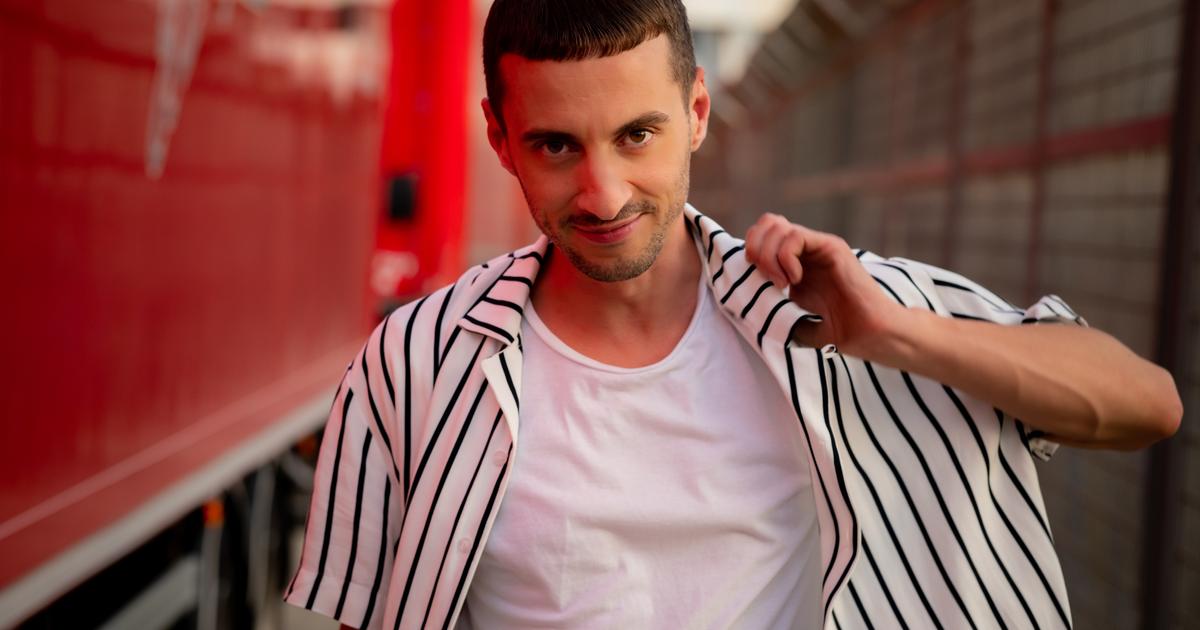The artistic director of the Paris Olympic ceremonies explains that he designed a show without “mockery” in response to criticism.
Thomas Jolly, artistic director of the Olympic opening ceremony, denied on Sunday that he had “inspired” of the Last Supper in one of his paintings, which shocked the extreme right, Jean-Luc Mélenchon and the Catholic episcopate. “You will never find in me any desire to mock, to denigrate anything. I wanted to hold a ceremony that repairs, that reconciles. Also one that reaffirms the values of our Republic (…)”Thomas Jolly said on BFMTV.
A highlight of the ceremony created controversy: the title Festivityit begins with the image of a group at a table, including several drag queens, reminiscent of the Last Supper, the last meal of Jesus with his apostles.
A pagan festival linked to the gods of Olympus
Was it the Last Supper? It wasn’t “not my inspiration”replied Thomas Jolly. “I think it was pretty clear, there is Dionysus who arrives on this table. He is there, why because he is the god of the party (…), of wine, and father of Sequana, goddess linked to the river”. “The idea was rather to make a big pagan festival linked to the gods of Olympus… Olympus… Olympism”he continued.
Regarding the painting depicting a decapitated Marie-Antoinette (holding her head in her arms) at the Conciergerie, he assured that there was no “glorification of this instrument of death that was the guillotine”. “If our work is used to regenerate (…) division, hatred (…) and it continues to progress, while I believe that we have made a little peace (…), then it would be a great shame.”he stressed.
“A mountain”
Despite the controversy over some sequences, the Olympic ceremony aroused almost unanimous enthusiasm, including abroad. Delighted, the International Olympic Committee considered that Thomas Jolly had contributed more than just one stone to the Olympic edifice, “a mountain”.
With Celine Dion, stronger than illness to sing The Hymn to Love by Edith Piaf, Aya Nakamura singing in the middle of the Republican Guard, Lady Gaga as a cabaret queen, the sublime Marseillaise performed by the lyrical singer Axelle Saint-Cirel… emotion and surprise were there. The show was also an ode to diversity, putting women in the spotlight, as well as the LGBT community.
